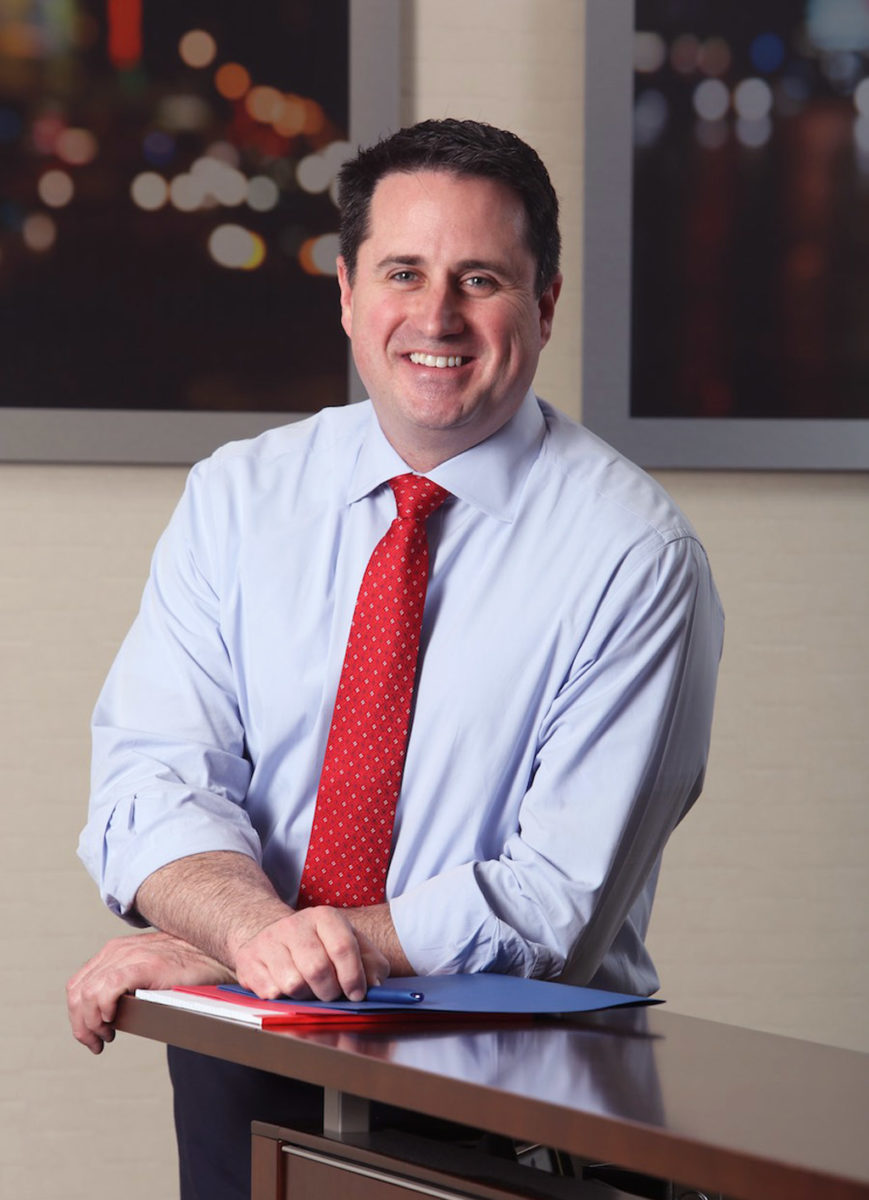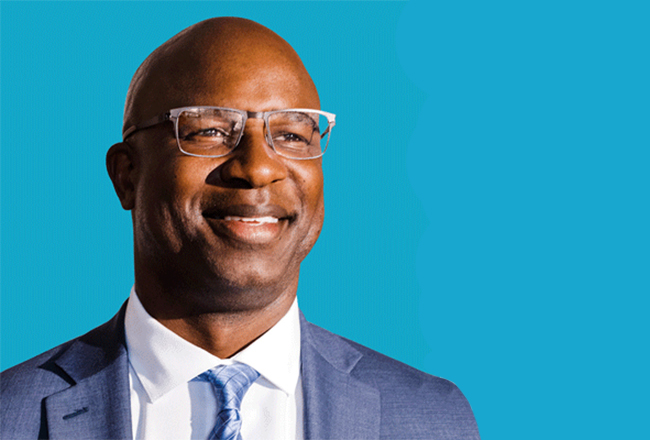While it may seem a given that an insurance company should be ready for any and every eventuality, ConnectiCare President Eric Galvin freely admits that COVID-19 has represented a very large exception.
While hospitals and their staffs had some contingency plans in place as the situation developed in China, “Were we ready from a clinical perspective? The answer is no,” Galvin said. “We”™re prepared for tropical storms and Category 1 and 2 hurricanes from a health care perspective. But Category 5s just don”™t tend to happen.”

Nevertheless, the Farmington-based company, which insures some 500,000 residents between itself and subsidiary WellSpark Health, has been agile in its response, he said. Working with the Connecticut Insurance Department (CID) and the governor”™s office ”” as it has with its New York and Massachusetts operations ”” the firm has for several months been allowing its members to use telehealth for covered medical and mental health services without paying a deductible, copayment, or coinsurance.
ConnectiCare recently announced it was extending that practice through Sept. 9, having already extended it several times over the past few months.
One reason for that, Galvin said, is to help encourage its members to access the care they need, even if they are unwilling or unable to leave their homes during the crisis. (The free telehealth initiative is open to all ConnectiCare members, not just those suffering from the virus.)
“We track whether they”™re seeing not only their regular doctor but also their allergist, dermatologist. ”¦If we don”™t see the rate of use as what it should be, we can send them a reminder.”
Such efforts are part of the insurer”™s “Peace of Mind” program. Introduced in March, the service involves ConnectiCare nurse care managers making calls ”” over 20,000 to date ”” to members who may be at heightened risk.
“We”™ve received such a great response” to the program, said Kim Kann, senior director, public relations and corporate communications. “People are really surprised that we”™re calling to see how they”™re doing. We”™re helping them with everything from questions about their health insurance to if they”™re having issues getting food.”
Galvin said he expects that both telehealth, wherein a patient talks to their own doctor, and telemedicine, where they meet virtually with whatever doctor is available, are here to stay.
“Obviously there are always going to be some cases where an in-person visit is preferable or mandatory,” he said. “But while there was a reluctance to use telehealth before COVID, now there”™s a lot of interest in it.” ConnectiCare pays the physician the same amount for telehealth and in-person visits, he noted.
When the talk turns to the state”™s hospitals ”” which the Connecticut Hospital Association has estimated will lose $1.5 billion this year ”” Galvin said the situation will take some time to improve.
Noting that a significant portion of that sum is due to people putting off elective surgeries ”” first by state mandate ”” he said, “There will probably be a dampened desire by patients to have them, at least in the very near term. Over the course of time, people will want to return to ”” I wouldn”™t say ”˜normal,”™ but to what they used to have.”
In addition, the great unknown ”” whether Connecticut will see another spike in COVID-19 cases as winter approaches ”” will have an obvious effect. “If we see the same kind of spikes they”™re seeing in other states right now, the hospital systems will struggle far longer,” Galvin said. “If we don”™t, and COVID is contained better, then they might be able to return to better footing.”
He credited Connecticut”™s anomalous avoidance of renewed spikes so far to the state”™s long-held reputation as “the land of steady habits.”
“We didn”™t reopen everything all of a sudden and people agreed to stay entrenched in their homes for a long while. And most people are wearing masks,” he said.
As for the company itself, Galvin said that where once about 35% of its staff worked from home, the majority of its employees are now doing so. “Productivity has been immense, completely off the charts,” he said.
Galvin added that the big concern for most people when it comes to health insurance ”” premiums ”” remains something of an open question.
“We have to be really careful,” he said. “We don”™t think there”™s a lot of pent-up demand for what is not happening now. Someone who”™s looking at having elective knee surgery may want to do it now or they very well may put it off until next July.”
One of two members of Access Health CT, the state”™s health insurance exchange ”” Anthem Blue Cross Blue Shield is the other ”” ConnectiCare is “in constant contact with the CID,” he said. “We have a great relationship with the commissioner (Andrew Mais) and his team.”
While the Connecticut Insurance Department overruled both insurers”™ requests for higher rates for this year and 2019 ”” rates were still allowed to increase ”” Galvin expressed confidence that a mutually agreeable compromise can be reached, even under such extraordinary circumstances.
“It”™s all scenario planning right now,” he said. “We”™re doing our very best to keep premiums under control.”





















